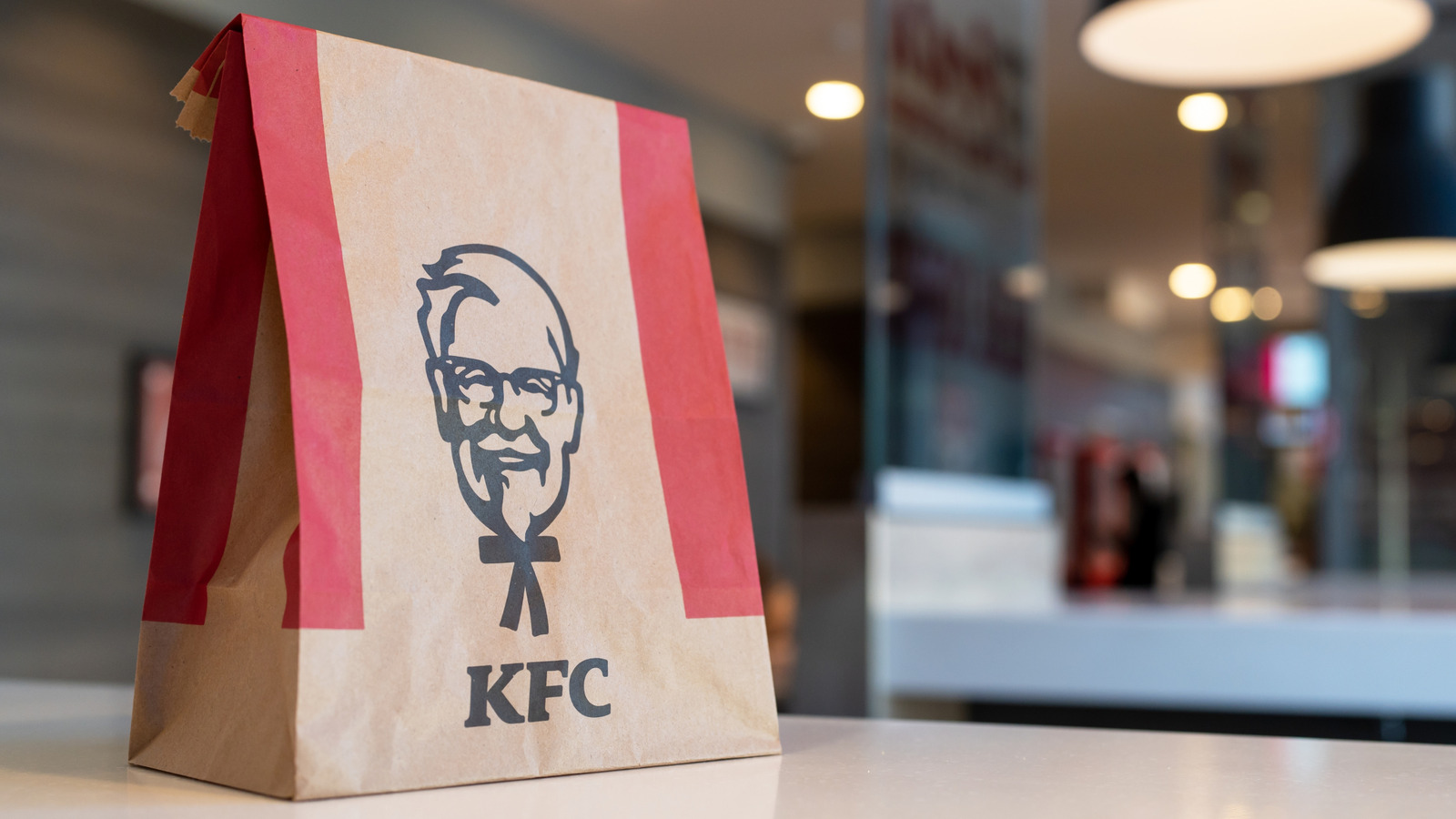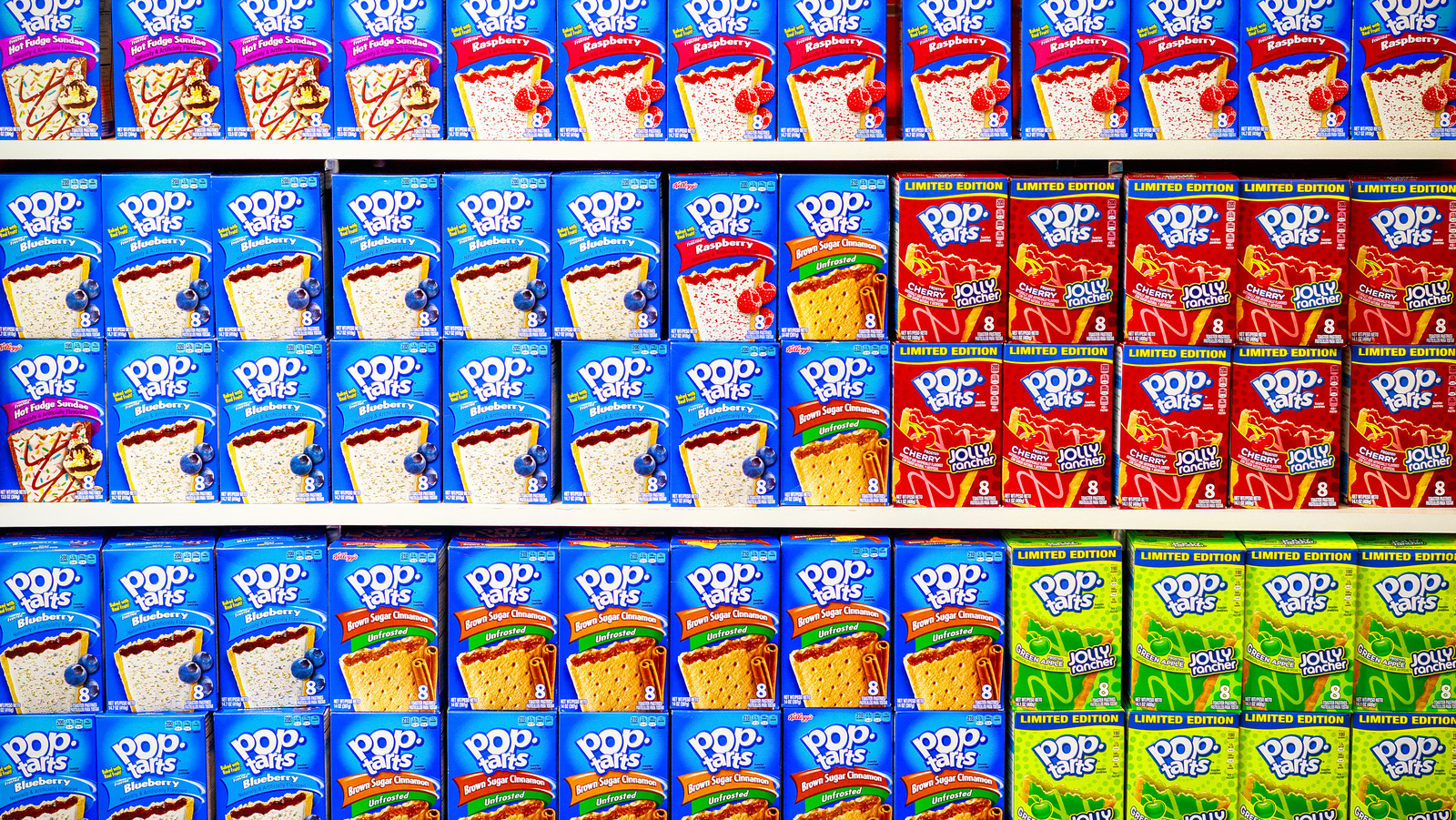It's hard to blame Kentucky Fried Chicken for upping its game by offering its steadfast fans new and fun options from time to time. The fast food chain, which even gives you the option to order a bucket of soda , has never shied away from trying something new to keep up with the times. This year, KFC is bringing exciting changes , one of which is the introduction of fried chicken-flavored toothpaste — not kidding.
In a similar stunt, the chain introduced grilled chicken in 2009 to target the growing number of health-conscious consumers. Unfortunately, it had a short run. Those who had the chance to try it remember the savory, mildly spicy chicken served on the bone and available in buckets, just like its fried version.

It was a bold move for the fast-food restaurant chain, as it went against its name; KFC was walking on thin ice. Unfortunately, the ice cracked. Grilled chicken managed to pull the crowd in its first year and even struck a chord in taste with a niche customer base who wished for its return.
But it couldn't sustain its popularity as the idea didn't appeal to the majority, who have long associated KFC with fried chicken. The food chain started witnessing poor sales. The gamble cost the brand a pretty penny, though.
In its U.K. outlets, KFC invested £8 million (more than $10 million) just to install ovens, enabling the sale of grilled chicken.
But perhaps the biggest blow came when the chain ran a marketing campaign with the slogan "Unthink KFC" as it introduced grilled options. KFC's bold move backfired The "Unthink KFC" campaign urged customers to envision a new "Grill Nation." KFC's marketing strategy even had the brand partner with "The Oprah Winfrey Show," offering vouchers for free meals that only viewers could download.
The free meal included two pieces of grilled chicken, two sides, and a biscuit. Millions of Americans downloaded the coupons. Reuters reported that KFC was experiencing this rush for the first time in its 50-year history.
However, the chain couldn't deliver the amount of grilled chicken it had promised. Promotions halted after franchisees began footing the bill for the giveaway. Franchisee owners were angry, especially since they felt KFC was confusing customers and straying from its legacy.
Some even sued KFC's parent company, Yum Brands, accusing the company of ignoring their requests to honor the Colonel's original fried chicken recipe. Yum denied the claims and called them "baseless." This marked the beginning of the downfall of KFC's grilled chicken.
It wasn't like this was the first time KFC had attempted to offer a healthier alternative. The chain introduced a rotisserie-style chicken in the early 1990s, which was eventually removed from the menu. The story was similar; while it initially brought in some revenue, Colonel's Rotisserie Gold soon lost appeal among customers who flocked to KFC for its signature crispy, fried treats.
But grilled chicken was likely the company's strongest bid to reshape its image and connect with health-conscious consumers — an effort it had pursued for years. Unsurprisingly so, as the brand isn't exactly known for healthy options . It had even publicly acknowledged changing its name from Kentucky Fried Chicken to KFC to downplay the word "fried.
" With grilled chicken, the brand almost pushed customers to see it in a new light. But the strategy backfired, throwing the company off its game..
Food

What Happened To KFC Grilled Chicken?

If you've been a fan of KFC for a while, you've surely seen some of its unique offerings. But whatever happened to the fried chicken chain's grilled chicken?















